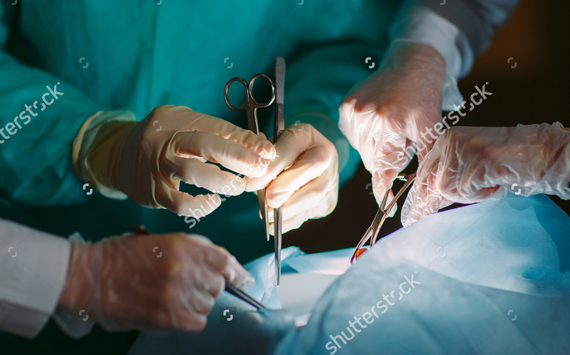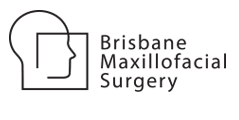
Orthognathic Jaw Surgery – Recovery
There can be bleeding and short term pain following surgery but as a whole orthognathic surgery tends not to be too traumatic. The most common symptoms tend to be some numbness and swelling.
Generally you will be able to eat as normally after surgery but sometimes a softer food diet is encouraged for a few days.
Corrective Jaw Surgery
Corrective jaw surgery, also known as orthognathic surgery, is used to correct conditions of the jaws and face where there is structural deficiency or where growth has altered the jaw’s natural symmetry. Often, these discrepancies are orthodontic problems that cannot be easily treated with braces alone.
Who needs Orthognatic Surgery?
People with the following symptoms can benefit from orthognathic surgery:
- Breathing problems
- People with difficulty in biting or chewing
- Speech Problems
- Open bite problems
- Protruding /Impaired jaw
- Chronic jaw or TMJ pain
The upper and lower Jaws can grow at different rates resulting in a host of problems that can affect many areas of a person life. Chewing ability, jaw appearance, long-term oral health and speech. Birth defects and physical injuries can also affect function and health of the jaw. When only teeth are involved orthodontics can be sufficient but Orthognathic surgery may be required for the jaws when repositioning is necessary.
If you are a candidate for corrective jaw surgery, Dr Akbiyik will work closely with your dentist and/or orthodontist to formulate a treatment plan. At Brisbane Maxillofacial Surgery, you can expect professionalism that results in a more functional, attractive and healthier you.




